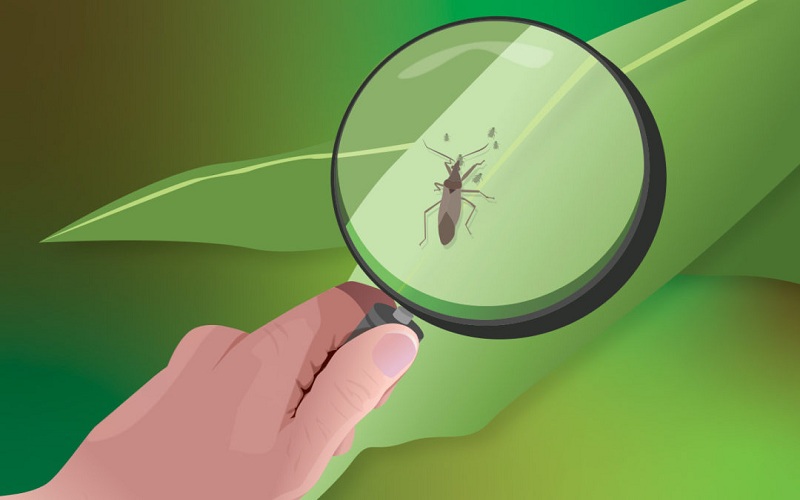
IPM and other remedies to control Common Pests
When it comes to dealing with pesky pests invading our homes, gardens, and workplaces, it’s essential to have effective pest control strategies in place. From insects to rodents, these unwelcome visitors can cause damage and spread diseases, disrupting our daily lives.
There is much into picture when we talk about pest control remedies. Before any chemical procedure there were some natural remedies that served a good solution. As the place owner it is required for you to know a bit about how to treat common pests in multiple ways.
In collaboration with experts like Saela Pest, you will explore different ways and how to manage and prevent infestations without resorting to harmful chemicals or expensive treatments.
Have a clear understanding of Common Pests:
Before diving into pest control methods, it’s essential to identify the common pests in your area. This includes insects like ants, cockroaches, mosquitoes and rodents like mice and rats. Understanding their habits, lifecycle, and preferred habitats can help you devise a targeted pest control strategy. After understanding the type of pests that you want to control, follow some preventive measures mentioned further.
Follow these Preventive Measures:
Prevention is critical to effective pest control. Start by keeping your surroundings clean and clutter-free. Seal cracks and crevices in walls, floors, and doors to prevent entry points for pests. Regularly inspect and repair any leaks in plumbing or drainage systems, as moisture attracts pests. Additionally, store food in airtight containers and dispose of garbage regularly to eliminate food sources for pests.
Learn about Natural Remedies:
As mentioned, before any other chemical solution there are natural remedies for controlling the pests. Opt for natural pest control methods to minimize environmental impact and protect your health. For instance, diatomaceous earth can effectively control crawling insects like ants and cockroaches without harming pets or humans. Planting pest-repelling herbs such as mint, lavender, and rosemary around your home or garden can also deter insects naturally.
Follow some Biological Control:
Introduce natural predators or parasites to control pest populations in an eco-friendly manner. For example, releasing ladybugs to prey on aphids in your garden can help maintain a balanced ecosystem without chemical pesticides. Similarly, installing bird feeders to attract insect-eating birds can help control pests like caterpillars and grasshoppers.
Integrated Pest Management (IPM):
IPM combines multiple pest control methods to achieve long-term pest management goals effectively. This approach focuses on monitoring pest populations, identifying thresholds for intervention, and implementing a combination of cultural, mechanical, biological, and chemical control measures as needed. Saela Pest control believes in IPM as it minimizes pesticide reliance by integrating various strategies while effectively managing pest populations.
Conclusion
Effective pest control is essential for maintaining a healthy and comfortable living environment. By implementing preventive measures, utilizing natural remedies, and adopting integrated pest management strategies, you can keep pesky pests at bay without harming the environment or risking your health. Remember, a proactive approach to pest control is critical to preventing infestations and ensuring peace of mind in your home or workplace.


